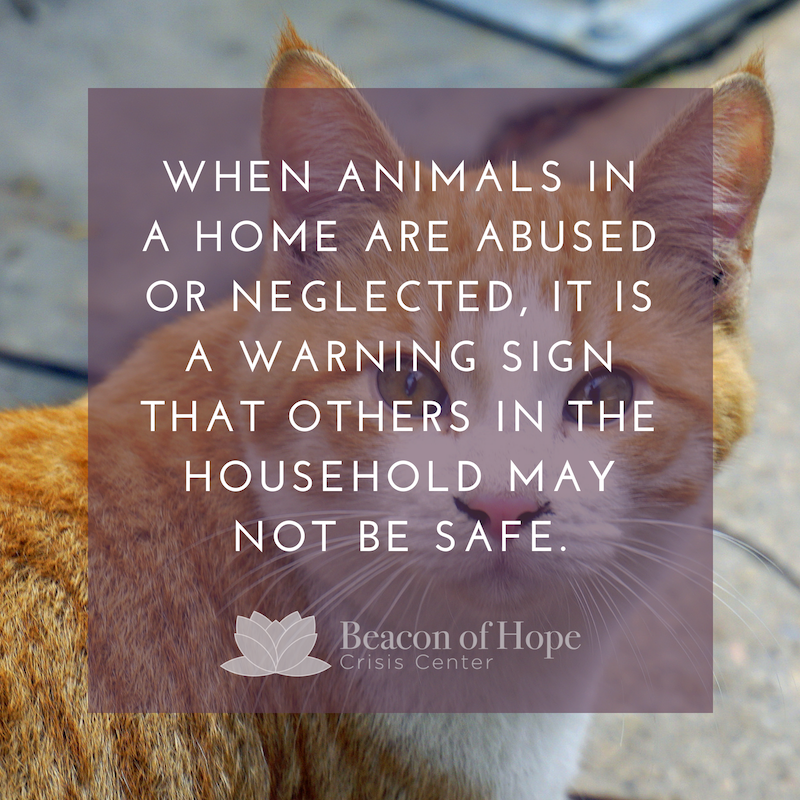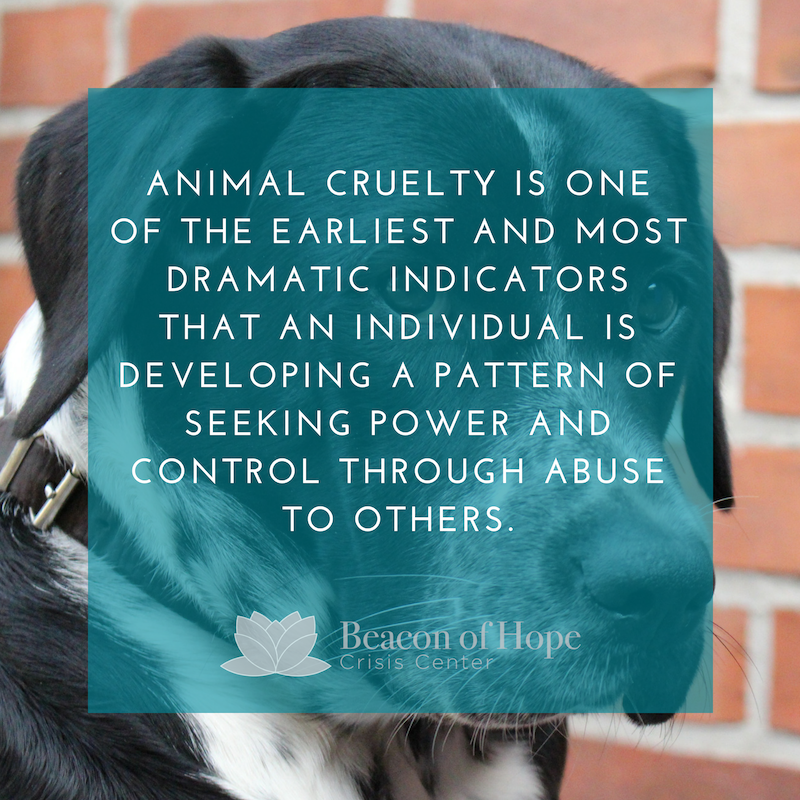|
By: Cheyenne Taylor Domestic violence can take away your strength, your independence, and your feelings of safety. Even after the abusive individual is out of your life, you might find yourself facing conflicting emotions that can harm your mental health. Survivors of trauma are three times more likely to become depressed and often face challenges with anxiety, panic attacks, triggers, etc.
The truth is leaving an abusive relationship does not automatically equate to happiness and health. There is as an adjustment period. Survivors have to learn how to navigate life without the abuse. They have to unlearn behaviors and become comfortable making all their own choices. They also have to come to terms with the fact that the relationship is over. Survivors often feel sadness or grief over the loss of the relationship and those are normal emotions to feel. Whether it be the companionship, the security of a romantic connection, or a simple bond built from trauma, ending an abusive relationship is not as cut and dry as many believe. Healing from past hurts can seem impossible, but many survivors have been there and come out on the other side happier and healthier. It is important that victims know they are not alone. Healing starts from within. Taking care of yourself, prioritizing your happiness and health, and learning to use your voice after being silenced by violence are all crucial steps in the healing process. We are here to help ALL survivors through the steps in any way possible. Leaving is the most challenging part. The rest is healing and becoming the healthier new you. There will be setbacks, and there will be triumphs. We are here to help you through your healing process or to start your healing process. Call our victim advocates at 317-731-6140 to discuss our services that can help you on your journey. These calls are confidential, and all our services are free. By: Cheyenne Taylor Domestic Violence Awareness Month is observed each October to unite advocates across the U.S. and acknowledge the efforts to end domestic violence. Across the country, advocates and survivors fight endlessly to raise awareness to the public about domestic violence. This month, we are doing our part to raise awareness while discussing the link between domestic violence and pet abuse.
Pet abuse is one of the four major indicators of domestic violence within a household. Abusers may kill, harm, or threaten victims' pets to force victims to comply with their wishes. In fact, 71% of female domestic violence survivors have reported that their abusers have done so1. Animal abuse often causes victims to stay longer in an abusive situation for fear of what will happen to their pets if they leave. 25-40% of abused women have reported staying with their abusers longer to ensure their pets’ safety1. No one should ever be put in a situation where they have to sacrifice their safety to ensure their pet remains unharmed. At Beacon of Hope Crisis Center, we recognize pets are silent victims that often go unserved. Pet abuse coincides with other types of human abuse, including domestic violence, elder abuse, and child abuse. In the case of child abuse, there is a lot of research that shows child victims abusing pets, either at the demand of the abuser or because of broader issues that could lead to the child becoming a batterer or violent adult. Because of the immense connection between pet abuse and other forms of abuse, first responders no longer view pet abuse as an isolated incident. It often alerts first responders to issues within a household. Many first responders rely on the following red flags for identifying pet abuse. If the pet has open wounds, scars, extreme thinness, an inability to walk or stand normally, or inadequate grooming, this might be a sign of mistreatment. If the pet displays behaviors such as hyper aggression, being timid, trembling when the abuser is near, or protectiveness of the victim or children, these are also all red flags that should alert people of possible pet abuse. It is also a red flag if a pet’s environment is inadequate, too small, or unclean. What can you do to help both victims and pets of victims from violence? You can stay informed about the link between domestic violence and pet abuse and donate to causes like ours to continue to raise awareness and fight against domestic violence and pet abuse. You can also become a foster parent for our Foster Pet Program and open your home to temporarily rehouse victims' pets until victims can find safe housing and reunite with their beloved animals. You can also share our message with your friends and loved ones to encourage them to become foster parents with our organization and help both the pets and their humans find safety and happiness. Click to learn more about our Foster Pet Program. By: Cheyenne Taylor Toxic positivity is often portrayed as positive thinking, but it is often dismissive of negative emotions. All emotions are natural and should be felt. If you spend all your time denying your negative emotions, you never give yourself time to work through issues. Below are some examples of toxic positivity to help you identify some unhealthy phrases you may have heard or used:
“Don’t focus on the bad; just focus on the good!” The issue with just focusing on the good and ignoring the bad in any instance is that you do not learn or grow by focusing on your accomplishments. Concentrating on and appreciating your successes is excellent for building your confidence. Still, you grow as a person when you address your failures and figure out what went wrong and what to do in the future. Also, keep in mind that disappointment is something we all feel; it is okay to focus on the bad and allow yourself to process those feelings. “It could be worse,” or “Look on the bright side.” Often, people use this to make others feel better, but it can invalidate a person’s emotions and make them feel like they do not have the right to be upset about their experiences. While you could argue most situations could be made worse, it does not change the fact that a situation is terrible. Also, while looking at the silver lining might be okay in some cases, it is not always possible. In terms of sexual assault, many victims have been told well they’re lucky because they survived; however, they still experienced sexual assault, which is horrible, and stating that they are fortunate undermines the pain they’ve experienced. Overall, if someone is telling you about a bad experience they had, it is so much better to acknowledge the difficulty they’ve faced than to tell them it could have been worse. Lastly, “Don’t give up,” or “Failure is not an option.” These both preserve the idea that failure is bad and giving up is wrong, when the truth is both are just options that have a bad rep. Giving up is not a bad thing, and there are times where you need to. One, failure is just a part of life; there’s no point in making people feel bad about something we have all experienced and will probably experience again. Second, pushing yourself to succeed and ignoring signs of a situation or opportunity not being a good fit for you is not helpful. In a lot of cases, people have revealed they felt a weight off their shoulders when they left a stressful situation/relationship/opportunity. This is not to encourage you to give up when you have a stressful day at a job or in a healthy relationship, but rather to denote the idea that by giving up, you have failed, when sometimes by toughing out a situation you have failed to acknowledge your unhappiness. There are many more examples of toxic positivity to look out for, but it is most important to make sure you are allowing yourself the time to process and feel your emotions. You cannot heal and move on if you ignore the darker parts of life. Learning from these experiences and growing is a process, but the process doesn’t start until you accept your feelings. If you or someone you know has experienced sexual assault or domestic violence, please call our confidential crisis line at 317-731-6140 to speak with a victim advocate. If you are in immediate danger please call 9-1-1. |
About this blog
This blog is about our domestic and sexual violence crisis center, Beacon of Hope. We hope you find it full of helpful information, motivation, creativity, serious facts and positivity. We hope that it will help you know what is happening in our center, in our community and with our events. We hope you follow our blog in support of our organization and our mission. Archives
October 2024
Categories
All
|
|
CAREER opportunities © 2024 Beacon of Hope Crisis Center Privacy Policy Accessibility Statement Training Portal Login |





 RSS Feed
RSS Feed